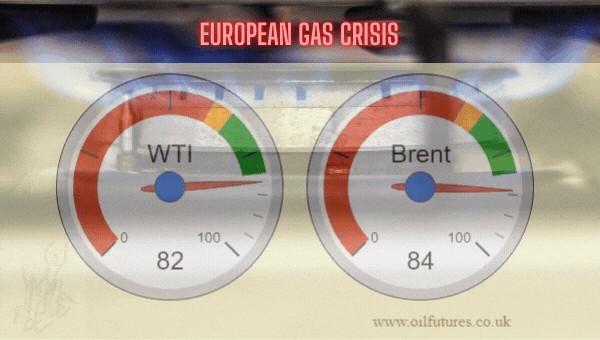Moldova, the former Soviet Republic sandwiched
between Ukraine and Romania, declared a state of energy emergency in the
afternoon on Friday, increasing the pressure on natural gas markets and of
course, oil markets too as an inevitable consequence in the end.
Russian energy giant, Gazprom, had been supplying
natural gas for Moldova up until the contract expired in September. Although
Russia renewed the contract up until the end of October, Gazprom increased the
price of gas by more than 14% per a cubic meter of gas.
The grim situation in Moldova shows how Europe has
become at the mercy of Russian energy might, especially when the continent
moves into the winter – in the absence of a substitute.
The emergency is going to last until November 20, by
which the country needs to find funds to purchase gas for its population of 2.6
million people; it needs over 2.8 billion cubic meters of gas every year, with the
bulk being used for harsh, colder months.
As there is no end in sight to the gas crisis in
Europe – and across the world – it is inevitable that countries turn to other
fossil fuels as the last resort, including coal.
The crisis in the gas supply, in this context, will
inevitably lead to higher oil prices, when the OPEC+ say there is so much that
they can do in boosting the output, blaming it on years of under-investment in
light of the momentum of going green.
The wind energy, meanwhile, is notoriously
unreliable: for instance, in the UK, during the past summer months, the slow
winds brought down the contribution of the wind turbines to the National Grid
substantially; as a result, the power suppliers turned to other oil and coal
that resulted in their price hike.
The wind conditions have improved in the recent
days, though. As a result, the reliance on the oil, and coal has somewhat eased
in the United Kingdom. The situation, however, is not universally encouraging
in the rest of Europe.
The decision makers in the major European
governments have come under fire over the way they handled the issue, up until
it got worse; lingering political bickering, meanwhile, gets in the way when it
comes to finding a collective solution – as usual, the urgency becoming secondary
in importance.







